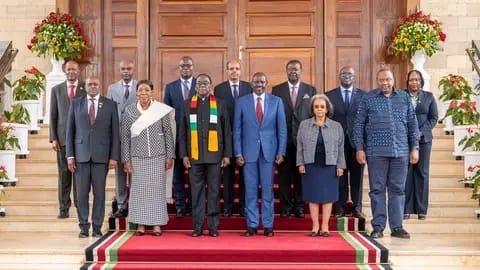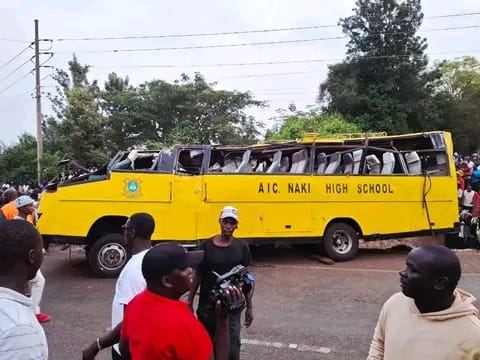
In a radical move to unlock the democratic and economic potential of millions, the Kenyan government has officially pulled the trigger on a six-month, total waiver of the Ksh. 1,000 fee for replacing lost IDs or amending personal details.
The announcement, which sent waves through the political landscape, is a direct implementation of a directive from President William Ruto, who declared that no one should be denied the right to vote simply for lacking an identification card.
A Gateway to Services and Votes
The landmark decision was officially gazetted by Interior Cabinet Secretary Kipchumba Murkomen, who revealed that the fee waiver will be in effect for a full six months. This strategic window is designed to remain open until after the high-stakes 2027 General Elections.
“The fees prescribed in the Sixth Schedule in respect of duplicate/replacement and change of particulars shall be nil for six months,” the special gazette notice declared, effectively removing a major financial barrier for hundreds of thousands of citizens.
During a tour of the National Registration Bureau in Nairobi on October 4, 2025, CS Murkomen connected the dots, explicitly linking the ID drive to the ongoing mass voter registration by the IEBC.
“This is the time to get your ID in record time,” Murkomen stated, urging citizens to act swiftly. In a significant expansion of inclusivity, he added, “We are also not just registering Kenyans but also aliens in Kenya, refugees, so that they can access services.”
A Technological Boost and a Plea to the Youth
To support this massive logistical undertaking, the government has acquired a state-of-the-art printing machine with the capacity to produce a staggering 15,000 ID cards daily. This firepower is crucial for the administration’s ambitious plan to register at least one million new voters in the next year.
President Ruto and his administration are making a direct appeal to the nation’s youth, viewing them as the cornerstone of national transformation.
“We want to appeal to the youth to get your IDs so that you can begin transforming our nation,” Murkomen implored, framing the ID not just as a voting tool, but as a key to personal and national progress.
A Hidden Crisis: The 400,000 Uncollected IDs
Even as the government rolls out the red carpet for new applications, it is simultaneously grappling with a surprising backlog. In a revelation that highlights a disconnect in the system, Murkomen disclosed that more than 400,000 already-printed IDs lie uncollected in registration offices across the country.
This has prompted a renewed public appeal for individuals who have applied for IDs to visit their local registration bureaus and pick up their crucial documents.
With fees waived, printing capacity supercharged, and a clear call to action, the government has set the stage for what could be one of the largest enrollment drives in Kenya’s history. The question now is whether citizens will seize the opportunity.




